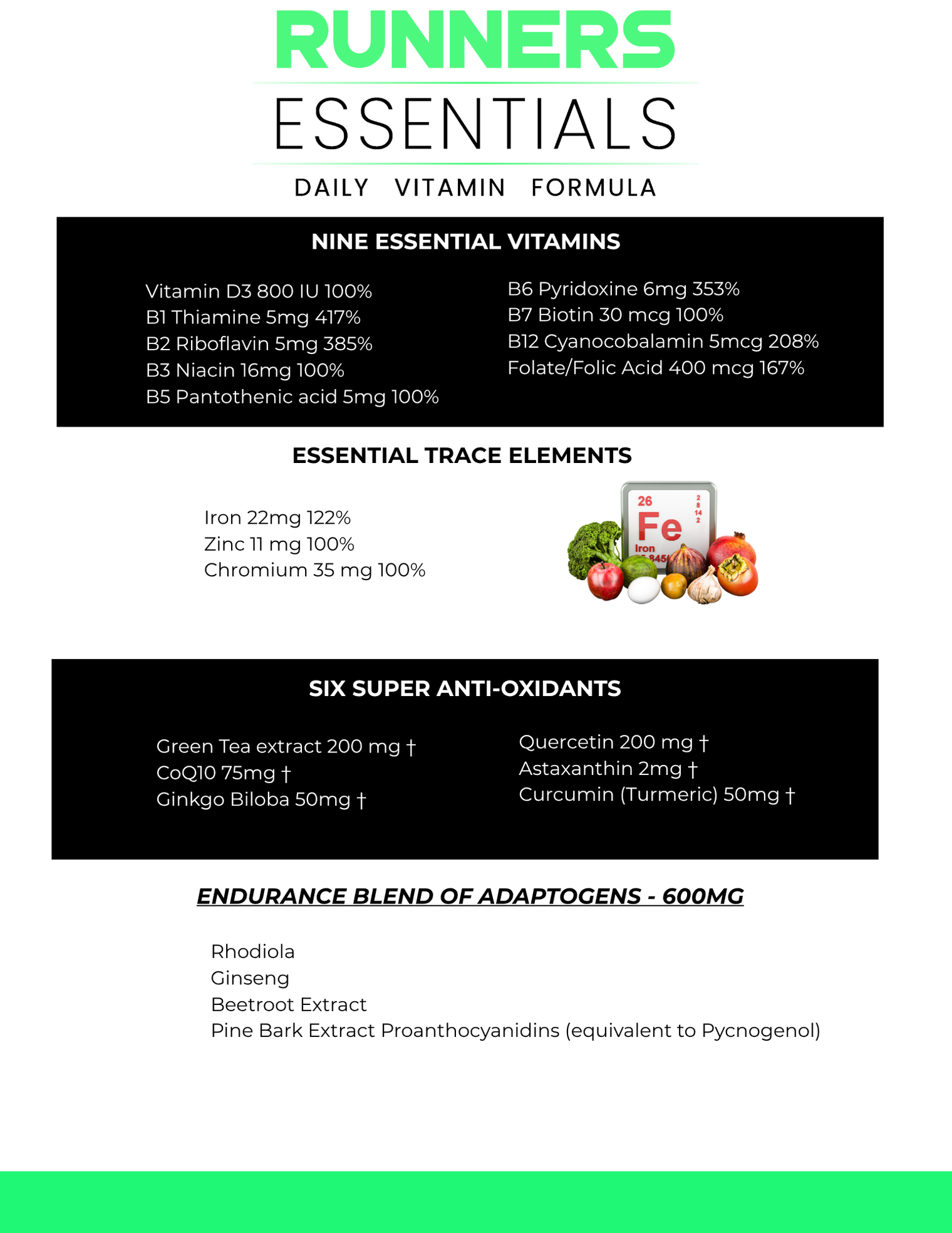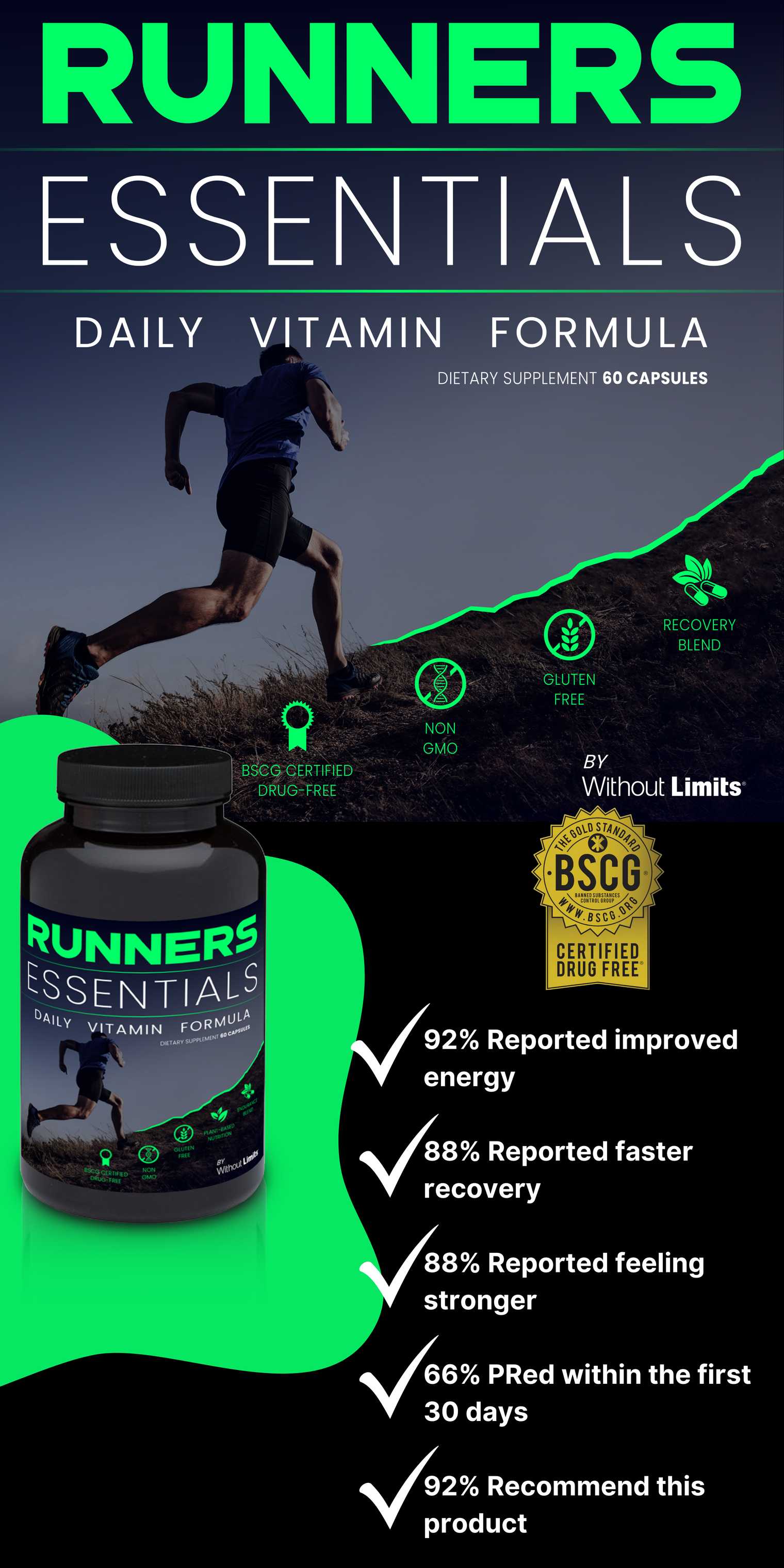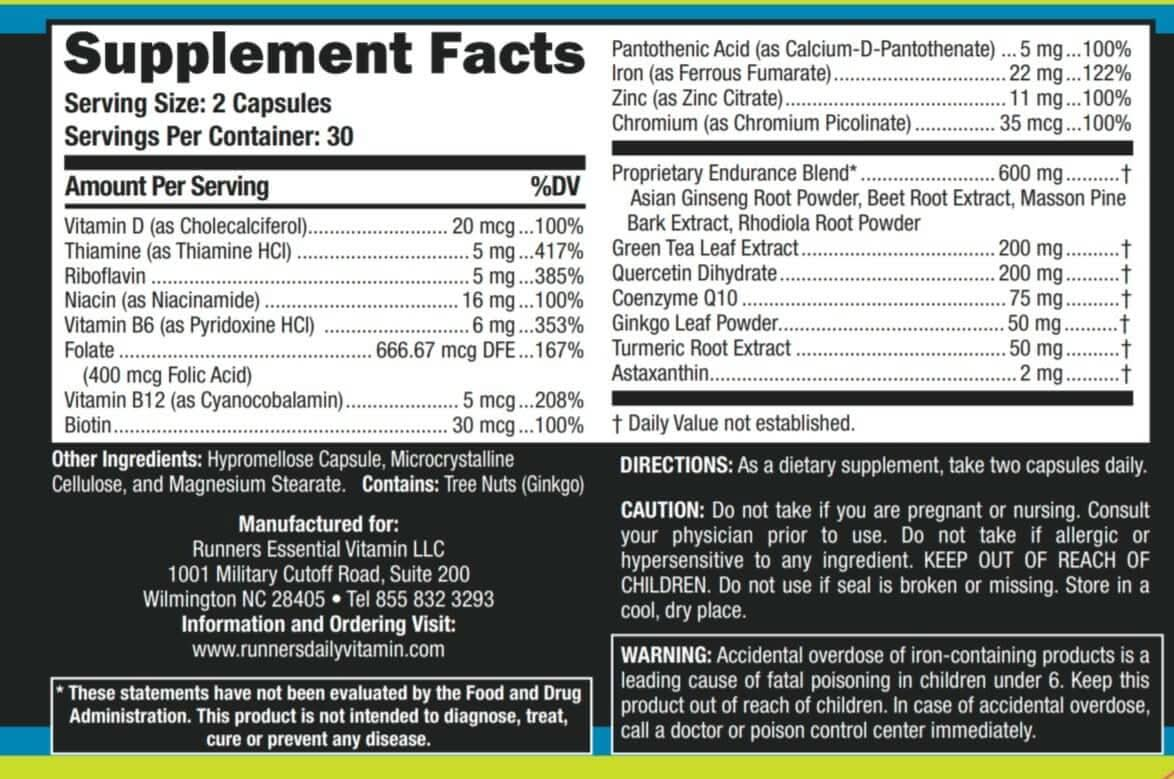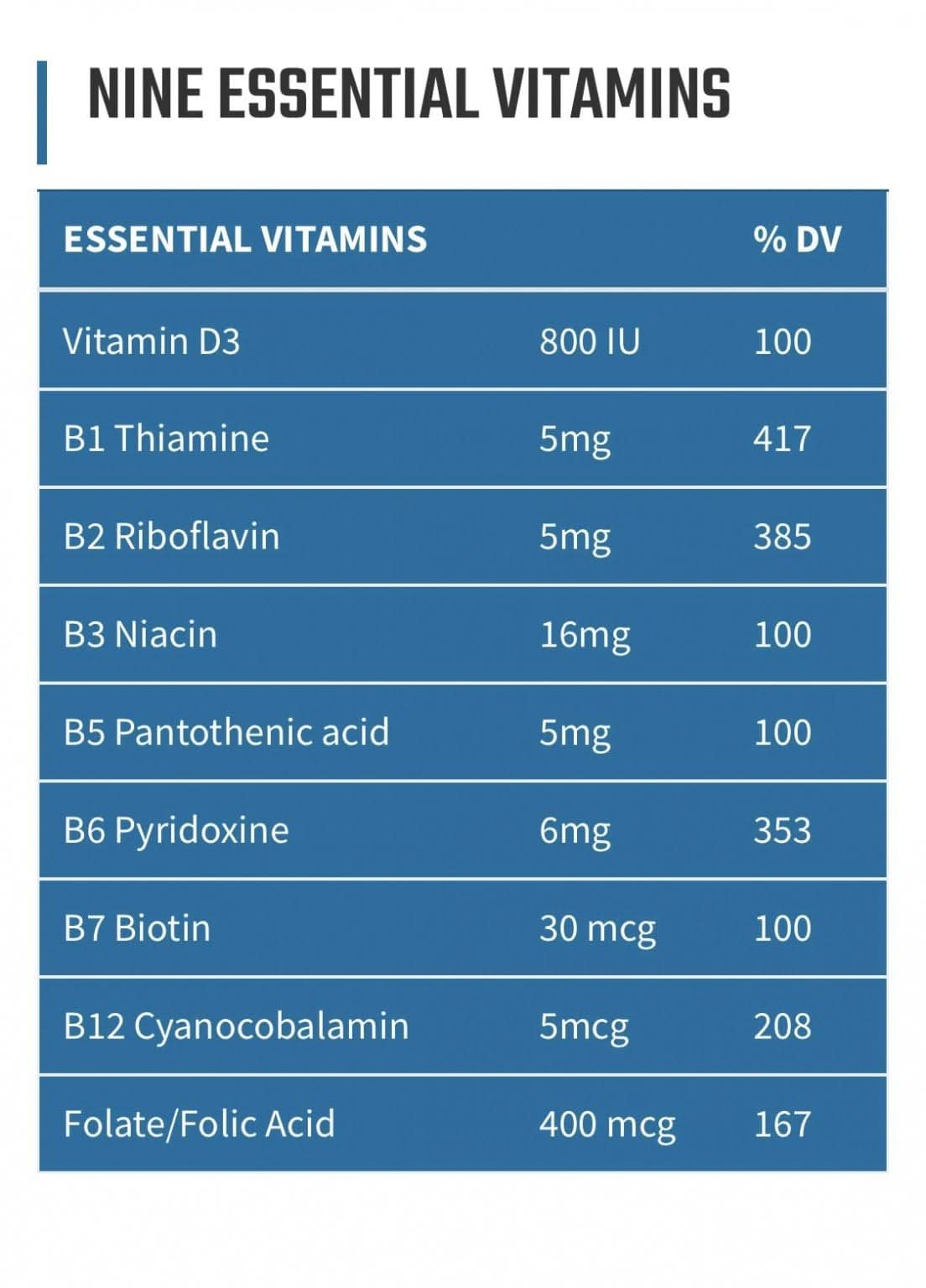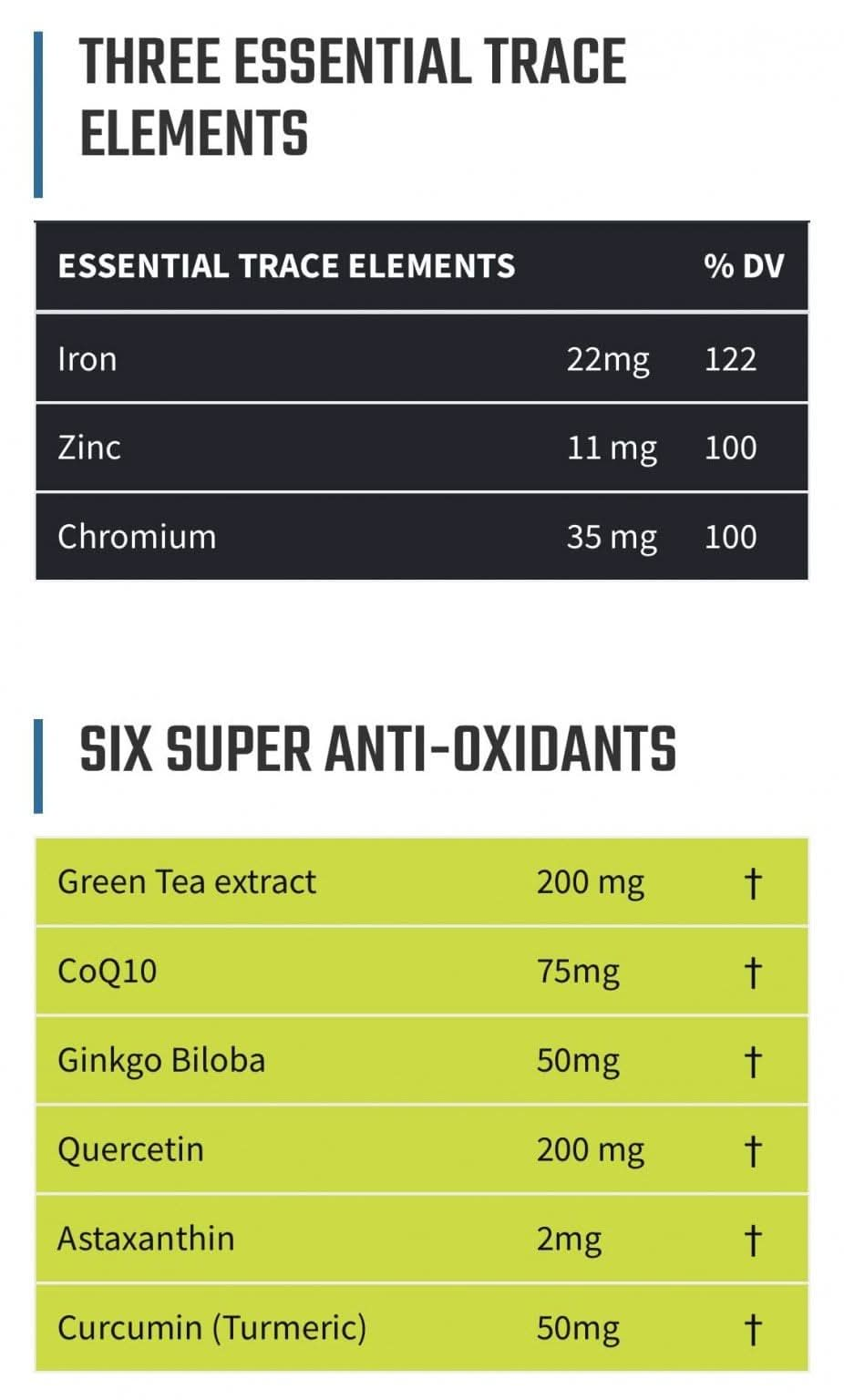During college and for a long time after, I would weigh myself or look at myself in the mirror closely. If I noticed a change—a new stretch mark, an extra 5-10 pounds—I would panic. Eventually, I would turn this panic into action, convincing myself that I had to do something to get my body back to the way it was. I was a problem to be fixed.
I would go on Pinterest or Instagram and map out a plan. I would sign up for a half-marathon and print out a scheduled training program. I would buy a huge pack of SoulCycle classes with money I didn’t have. I would order some fitness Instagrammer’s at-home bodyweight workout plan. I would shell out thousands on an expensive yearly gym membership and convince myself that the high price would be motivation for me to go to the gym regularly (spoiler alert: this rarely works).
In my early 20s, I would have said that my desire to exercise was just me trying to be healthy, get stronger, and stay focused. But the truth is that I wouldn’t have done any of it if someone told me that my workouts would never result in weight loss. I wouldn’t have done it to improve my mental health, anxiety, or energy, nor to build strength or endurance. I wouldn’t have done it for any reason at all if it didn't make me smaller.
A love-hate relationship with fitness
It’s no surprise, then, that I never stuck with any of my fitness routines long-term. Sometimes this was because I didn’t enjoy whatever the exercise was, despite feeling like I should (looking at you, hot yoga). Other times it was because I read or heard that a particular type of exercise probably wasn’t going to make me lose weight at all, even if I did enjoy it (jogging, walking, spinning).
I would abandon a fitness routine and then spend a long while not exercising regularly at all, feeling guilty. Eventually, the pattern would continue all over again. The shame, the plan, the money, the lack of exercise. All of it. But recently, I decided to stop.
Inspired by a new career, home, and the desire to live life intentionally, I looked this exercise cycle dead in the face for what it was: an unsustainable, toxic recipe for never learning to like exercise at all—and for never appreciating fitness for the mental or physical health benefits it offers that have nothing to do with weight loss.
So I decided to retrain myself. I made a decision to stop hemorrhaging money in the hopes of buying motivation or thinness. Instead, I bought a $2.99 running app for beginners on my phone and started jogging once a week, then twice a week. No weigh-ins before and after workouts. In fact, no weigh-ins at all. I threw out my scale and focused on how I felt after each workout.
Slowly, something started to shift. I noticed how I felt a little bit stronger on each run. My breathing got easier. My legs felt more powerful. And the anxiety that's plagued me since college, compelling me to worry about mundane things to the point where I can't focus on anything else nor fall asleep at night? After every 30-minute run, it felt like the anxiety was cut in half. Sometimes it disappeared entirely.
Feeling stronger, healthier–and happier
For the first time in my life, I've started to crave going on a run when I feel anxious or nervous. For the first time in my life, I'm able to enjoy exercise without beating myself up for not being good enough, or simply being enough. The only reason any of this is possible is because I separated exercise from the idea of weight loss.
When I run now, I don’t do it picturing a smaller version of myself in my head; I picture a happier version. Like so many people, I feel happier when I exercise regularly. I simply never viewed happiness as enough in the past; happiness without thinness was an impossibility to me.
Rebuilding a healthy relationship with exercise can be understandably difficult for people with complicated feelings surrounding their bodies and weight loss. The first thing that helped me was reacquainting myself with the science-proven benefits of working out that have nothing to do with shedding pounds. Divorcing exercise from weight loss is something Liz Josefsberg, a nutrition exercise specialist and nutritional advisor to The Vitamin Shoppe, does with her clients.
“I ask them to connect to what it feels like to effortlessly play with their kids or grandkids, to remember that we exercise for strength, balance, and stability, and for better mental health as we age and to live the lives we dream of,” Josefsberg tells Health. “It really helps to keep them motivated and consistent.”
"Exercise is a gift, not a punishment"
If focusing on the long-term health benefits of fitness outside of weight loss don't motivate you, consider the instant gains. As a freelancer with a need for concentration, this was my motivation. “Exercise improves and maintains cognitive function,” certified health and wellness coach Roxanne Summerville tells Health.
Another immediate benefit of exercise is something everyone's heard of thanks to Legally Blonde: endorphins. Working out causes our bodies to release endorphins, which are sometimes thought of as natural antidepressants. "We experience a dramatic lift in mood after completing a workout,” says Summerville.
If you want to score the benefits of exercise yet can’t figure out where to start, focus on movement rather than calories burned or specific classes or types of fitness.
“My recommendations for the average person looking to start a fitness routine would be to aim for 3-5 hours of activity per week," certified personal trainer and owner of M.O.V.E N.J Jarrett Hahan tells Health. "That does not mean spending an hour to an hour and a half in a gym 3 to 5 days per week. It just means to get active and move your body for that total amount of time over the course of the week."
What helps me to keep exercise separate from weight loss is to remember this phrase: "exercise is a gift, not a punishment." Every time I run now, I feel grateful that I’m able to give the gift of exercise to my body.
This was true even before I changed my relationship with exercise. All those times I would close my eyes and push myself harder, pushing myself to go faster, get better—my body was amazing then, too. The difference is, I actually believe it now.
RECOMMENDED: No-Gym Workout Methods to Get in Peak Shape







